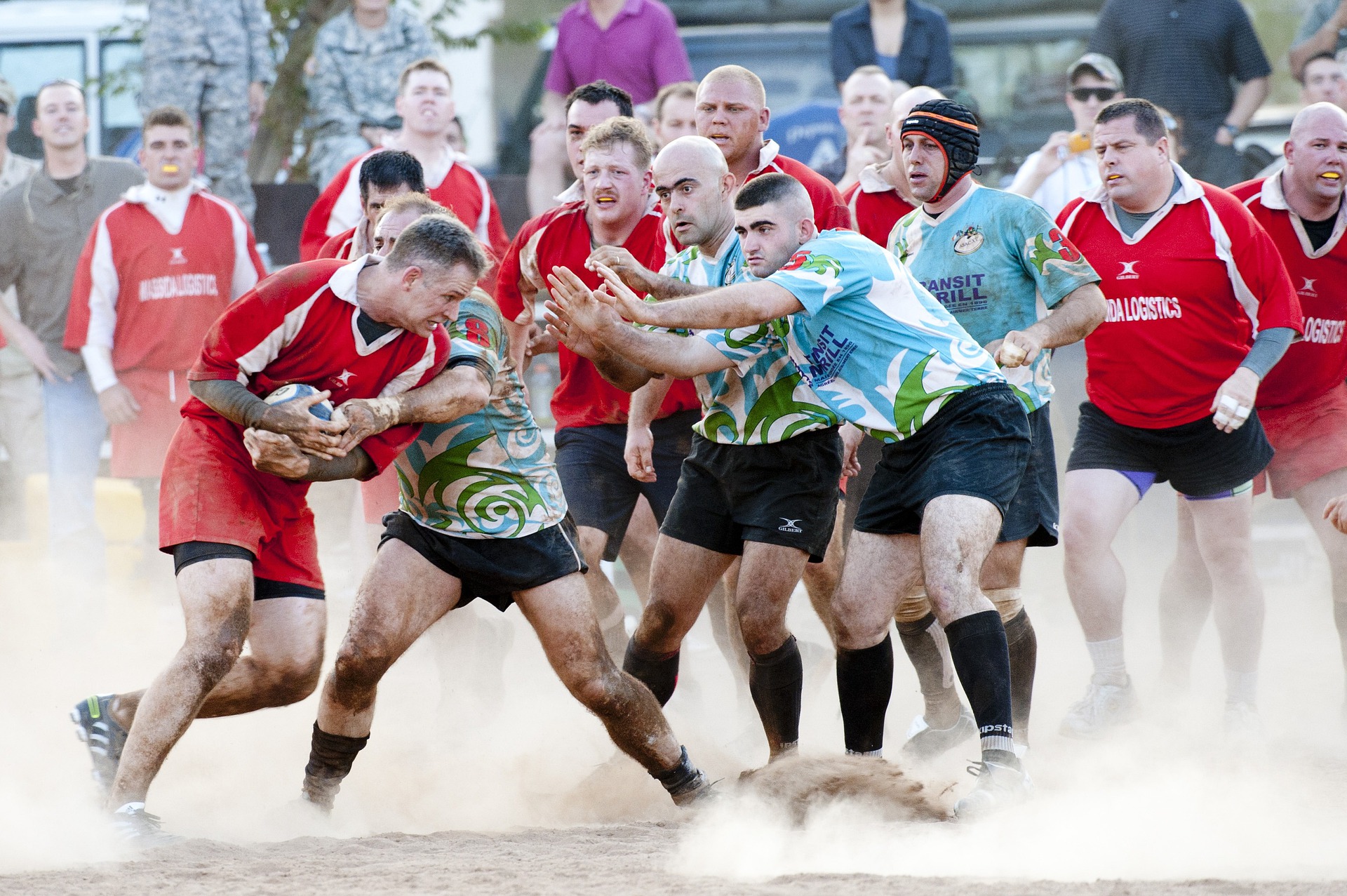Health data of hundreds of former international rugby union players has revealed a risk of neurodegenerative disease that’s 2.5 times higher than that of the general population.
Overseas researchers looked at 412 Scottish former international rugby union players and compared them to more than 1200 people from the general public. The exact risk among the former athletes varied by each condition, ranging from just over twice as high for dementia to up to 15 times as high for motor neurone disease.
The SMC asked experts to comment on the research.
Dr Helen Murray, Research Fellow at the University of Auckland Centre for Brain Research, comments:
“The study by Russell et al., shows that the risk of neurodegenerative disease is 2.6x higher former rugby union players than the general population. These results corroborate findings from previous studies that examined neurodegenerative disease risk in former NFL players and soccer players. The rugby cohort largely comprised players that played at elite amateur level, which indicates the increased risk of neurodegenerative disease now reported across multiple sports is not limited to professional athletes.
“It is notable that the risk varied by disease subtype with motor neuron disease risk being the highest, followed by Parkinson’s disease and dementia not otherwise specified. The authors were not able to distinguish other specific types of dementia in their study, such as frontotemporal dementia, Alzheimer’s disease. The authors also did not have access to date on the length of the athletes playing career so were not able to determine whether the risk of neurodegenerative disease correlated with the career duration as has been shown in both former NFL and soccer players. Overall, these findings support the idea that repetitive head injury is a risk factor for a range of neurodegenerative diseases. Chronic Traumatic Encephalopathy (CTE) is the most widely known brain pathology linked repetitive head injury in sport. However, this study reinforces the idea that head injury risk is not limited to CTE, and former contact-sport athletes should be monitored for all types of dementia. Every type of dementia is devastating.
“It is unclear whether these findings will be applicable to female athletes or non-elite athletes. This is a limitation of all current studies as we have very little data on these groups. The collection of this data should be a priority as women’s sport and amateur sport continues to grow and it is vital that we understand whether the long-term risk of neurodegenerative disease differs in these populations.
“This study is valuable for us in New Zealand due to the popularity of rugby and other contact sports. The findings of this study emphasise the importance of developing strategies to reduce exposure to head impacts in training and games and to be cautious in our approach to head injury management and return to play. We should also investigate strategies to proactively monitor and improve the brain health of contact sport athletes during and after their athletic career.
“This study also highlights the need for additional research exploring the mechanisms of how head injuries alter the brain and how these changes can progress into neurodegeneration. Here at the University of Auckland Centre for Brain Research we have developed the sports brain bank initiative as part of the Neurological Foundation Human Brain Bank. We are studying the donated brain tissue of deceased former athletes with and without cognitive symptoms to understand how repetitive head injury exposure alters the microscopic structure of the brain.”
Conflict of interest statement: “I play Ice Hockey for the NZ women’s national team.”
Professor Patria Hume, Professor Human Performance, Auckland University of Technology, comments:
“The evidence that collision sports are associated with increased rates of death from neurodegenerative diseases is continuing to accumulate. The repeated findings of brain health issues in former rugby players in the NZ RugbyHealth and UK RugbyHealth studies, and now in this Scotland study, are adding weight to the call for reduction in risk factors for brain diseases – including repeated head impacts in sport.
“The finding of death from a neurodegenerative disease being greater in former rugby players (2x greater for dementia and 3x greater for Parkinson’s disease) than a general population group, based on analysis of hospital and prescription data, despite no data on rugby career length or history of concussion, does again raise the question, why is there a greater risk of brain disease in former rugby players?”
No conflict of interest.
